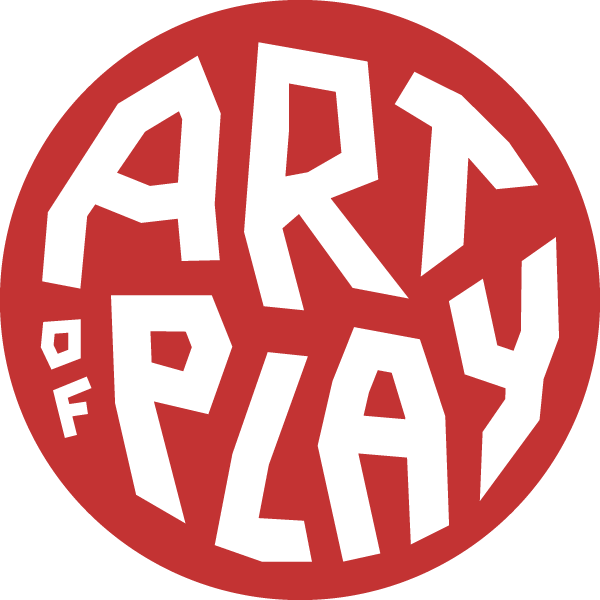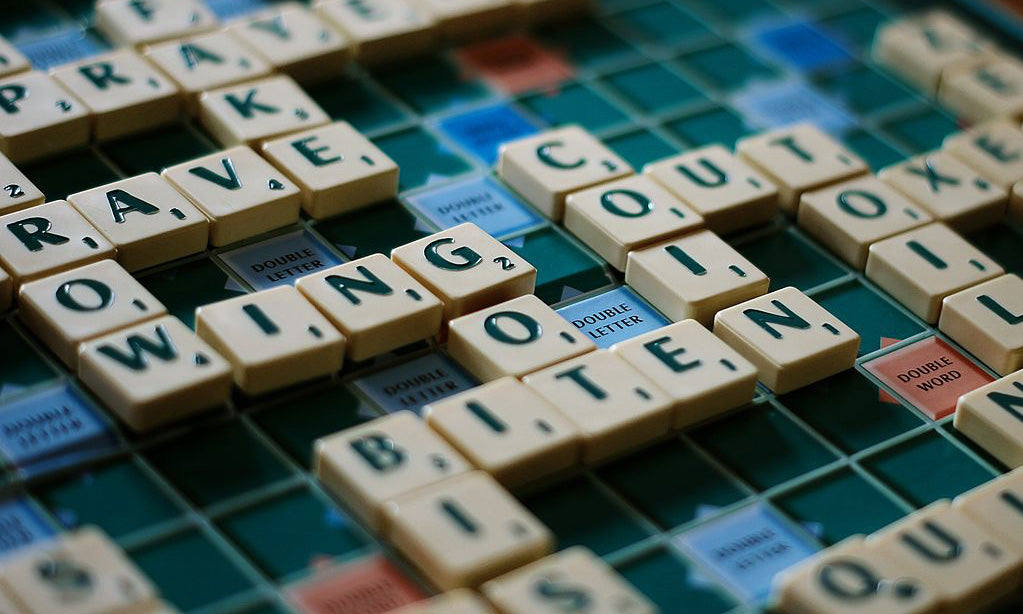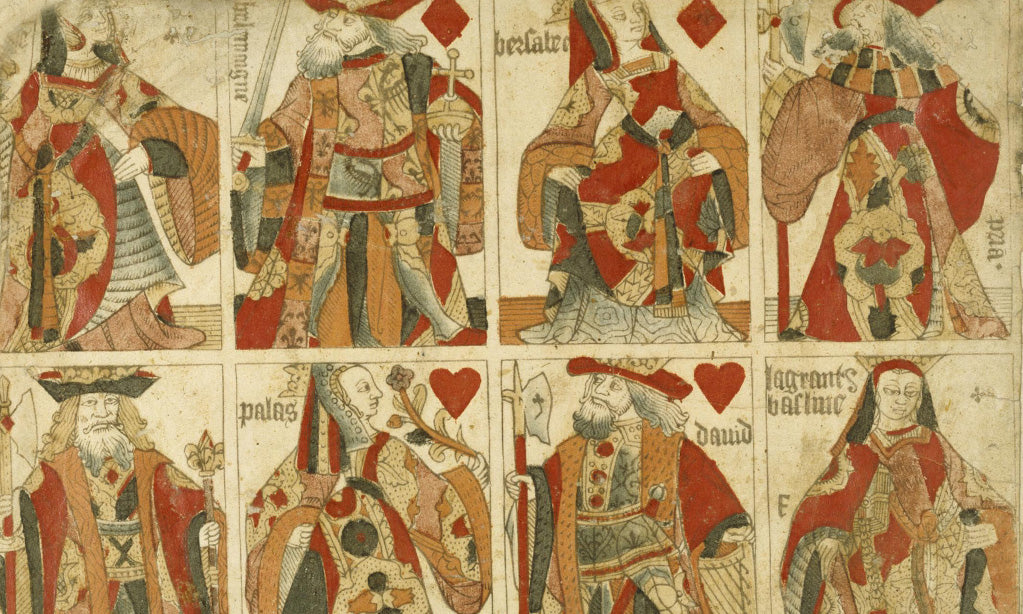Playing board games is one of the best ways to spend time with people you love. Not only do games give you the opportunity to create memories with friends and family, they also help you develop strategy and problem-solving skills--and they can be tons of fun! If you're starting to build your board game collection, here are some of the most classic games you should make sure that you have.
Monopoly
Arguably the most classic board game ever, Monopoly is a game where people compete to buy property and build a real estate empire. Monopoly was created by Elizabeth Magie in 1902 (originally called The Landlord's Game), and today, it is made and sold by Hasbro. Monopoly doesn't only teach finance and counting skills (you have to manage money to buy property), it also requires negotiation skills as you work to make deals with other players. Monopoly can be a game that can take many hours, and it's a good way to spend a long, leisurely day.
The Game of Life
The Game of Life is aptly named, as players move around a board and through a life cycle, from being in college to getting married to having children to retiring. Players spin a wheel and encounter challenges as they navigate the game board, all while trying to earn and save money. The game was originally created by Milton Bradley in 1860, and it's still published and sold by them today. Originally, the Game of Life had a moral message: make smart, good decisions in your life and things will turn out better. Today, the Game of Life involves more strategy and smart decision making than morality. The winner of the Game of Life is whoever has the most money at the end.
Clue
Clue (or Cluedo, as it was originally called) is a murder mystery game where players must deduce who committed the murder (and where and with what weapon) by gathering clues from other players. The gameplay takes place on a board that resembles a large old mansion, and players must travel around the mansion to make guesses and narrow down their suspect and weapon list. Clue isn't only fun because it's focused on mystery and intrigue. It also teaches deductive reasoning and logic. The game was originally created in 1944 by Anthony E. Pratt, who was English. Today, the game is published and sold in North America by Hasbro.
Chess
There is perhaps no game that requires more strategy than Chess. The game is ancient (people believe it first appeared in India in the 600s), and chess boards themselves have become collectible pieces of art. When you play chess, you move pieces around the board in an attempt to capture your opponent's king piece. Each piece has certain capabilities and can move in certain ways. The game requires a knowledge of all of the rules, an ability to anticipate how your player will move, and an ability to think in the longterm (how each move will be followed up down the line). Chess is considered a mindsport, and the more you play, the better you get.
Scrabble
Word game lovers will love Scrabble, one of the most classic games ever. When you play Scrabble, you build words on the game board with letter tiles (connected to the words that other players have added), then try to rack up points. Each tile has a certain number of points, and the person with the most points at the end of the game (when all letter tiles have run out) wins. The game was invented in 1938 by architect Alfred Mosher Butts, and today, it's manufactured by both Mattel and Hasbro. Scrabble requires a knowledge of spelling and vocabulary, but it also requires strategy, deductive reasoning, and even math/computation skills.
At the end of the day, board games are a great way to develop new skills while you spend time and have fun with people you love. Start building your collection of classic board games, and you'll never run out of entertaining and challenging things to do.










Leave a comment
This site is protected by reCAPTCHA and the Google Privacy Policy and Terms of Service apply.